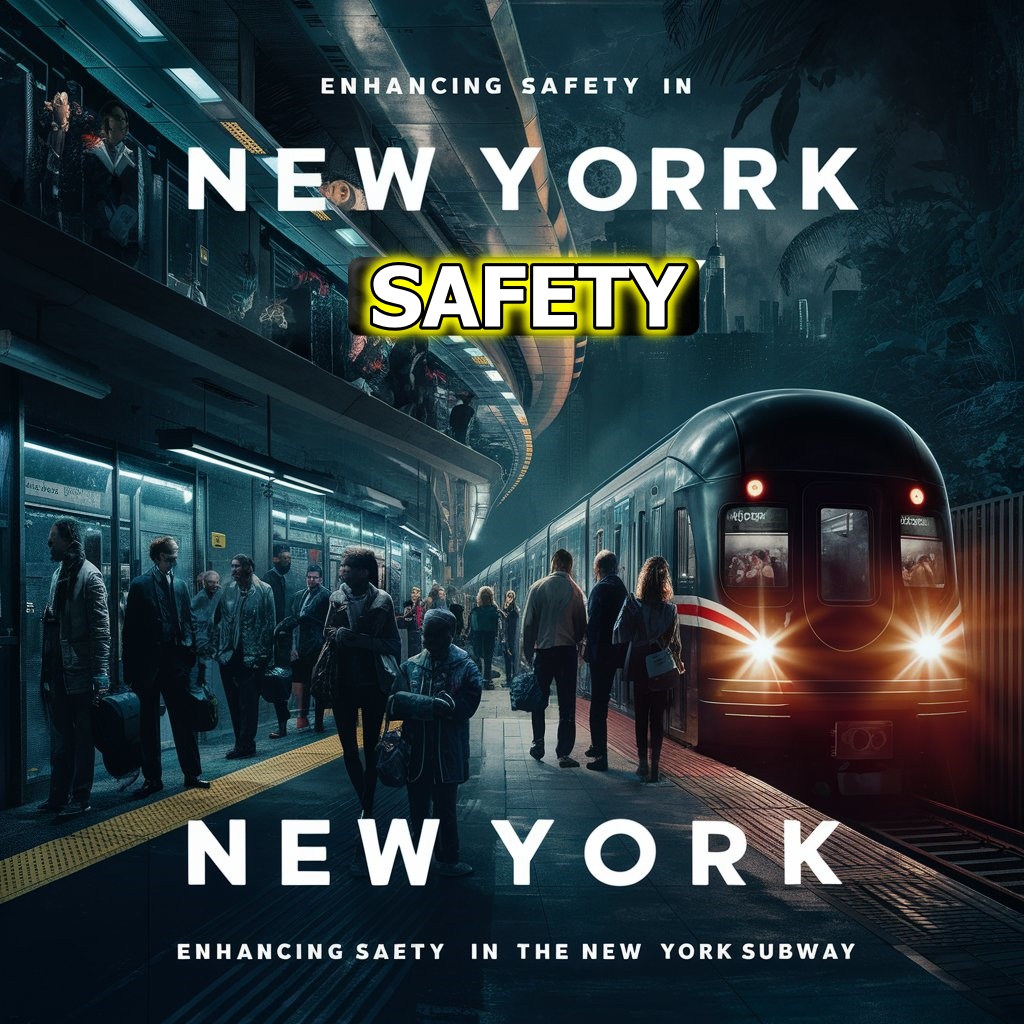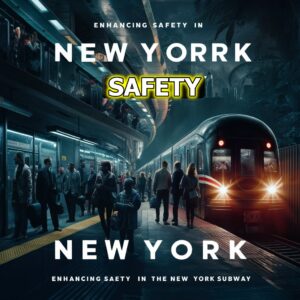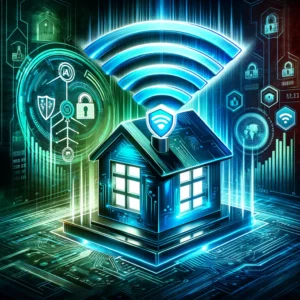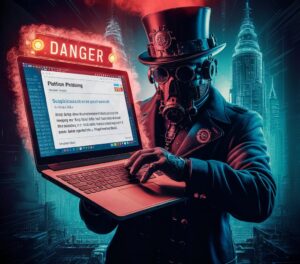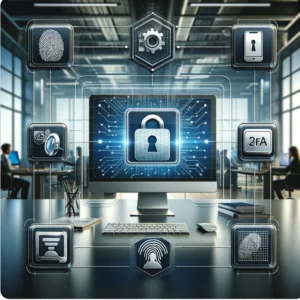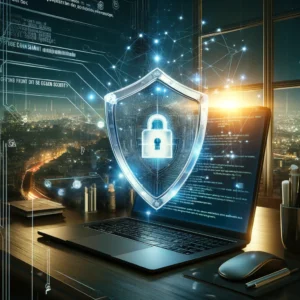How to Improve Safety in the New York Subway | 5 Quick Tips
The New York Subway is a vital part of the city’s transportation network, used by millions of people every day. However, ensuring safety within this sprawling system is a significant concern. By implementing strategic measures and adopting a proactive approach, both passengers and authorities can enhance safety on the subway. Here are five comprehensive tips to improve safety in the New York Subway.
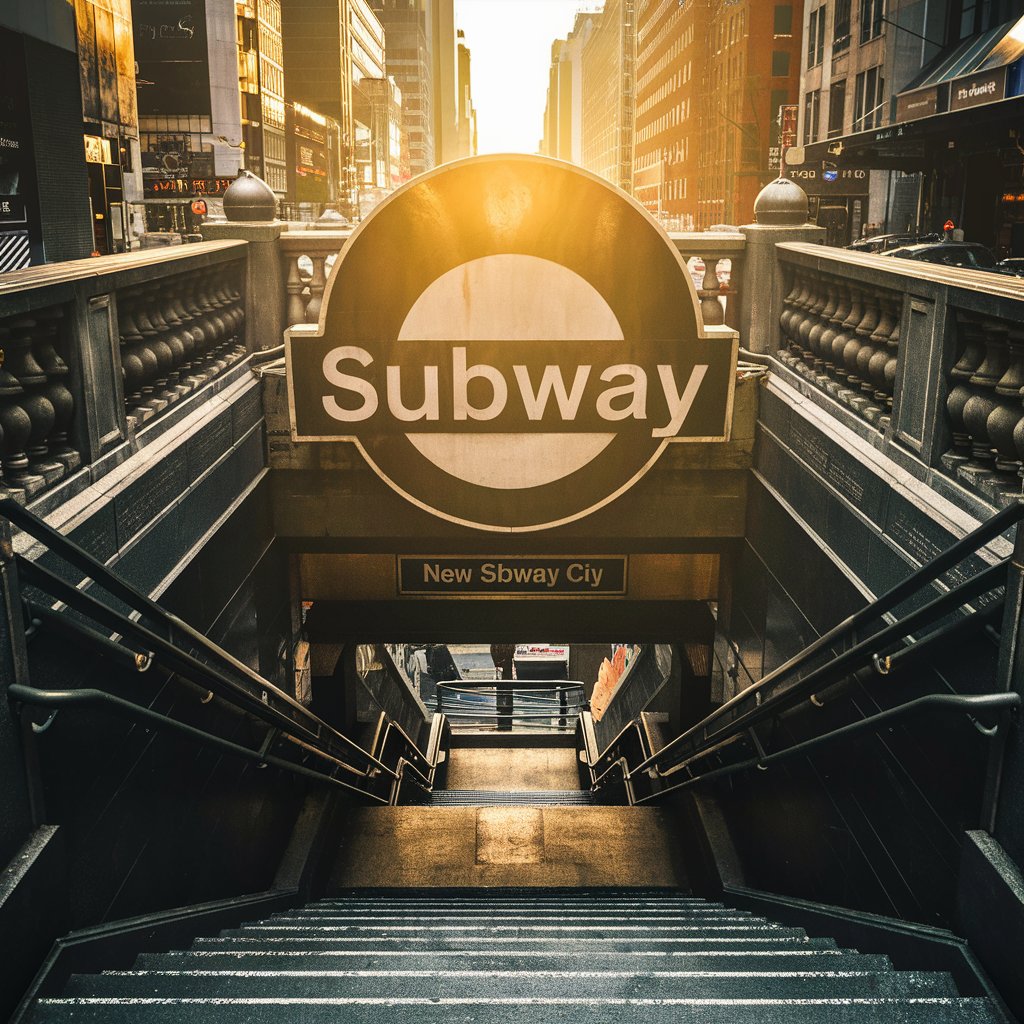
1. Increase Police Presence and Surveillance
A visible police presence can significantly deter criminal activities and make passengers feel safer.
Boosting Patrols
Increased patrols at key times and locations can help prevent crime. Officers should be stationed at busy stations and on trains, especially during peak hours and late at night. Regular patrols can deter potential offenders and provide immediate assistance if needed.
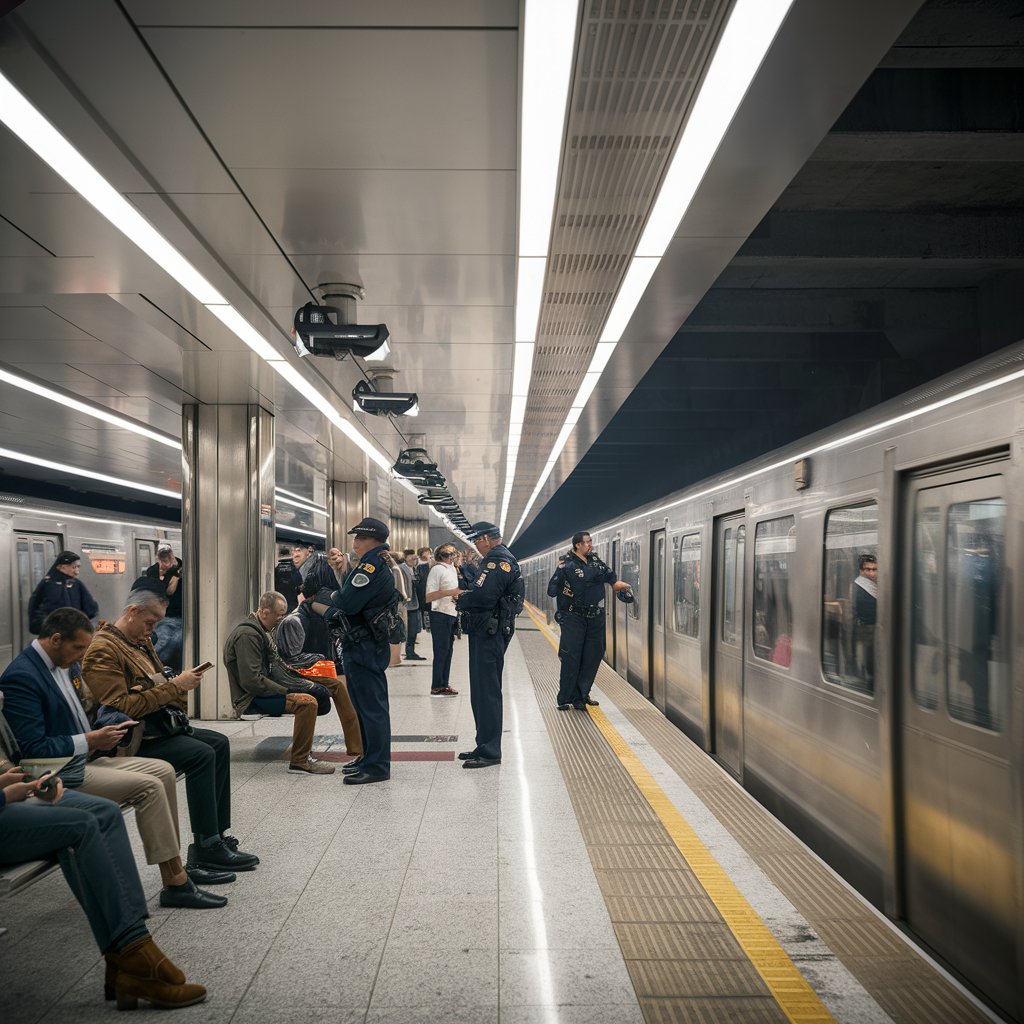
Enhanced Surveillance Systems
Installing advanced surveillance cameras in all subway stations and trains is crucial. Modern cameras with facial recognition capabilities can help identify and apprehend offenders quickly. Surveillance footage also aids in investigations, providing valuable evidence.
Coordination with Security Personnel
Effective communication between police and subway security personnel can enhance response times and coordination. Regular joint training sessions can ensure both groups work seamlessly together, creating a more secure environment for passengers.
2. Improve Lighting and Visibility
Well-lit environments are less conducive to criminal activity and help passengers feel safer.
Upgrading Lighting Systems
Subway stations and platforms should be equipped with bright, energy-efficient lighting. Well-lit areas reduce the risk of accidents and discourage criminal behavior. All dark spots and corners should be illuminated to eliminate hiding places.
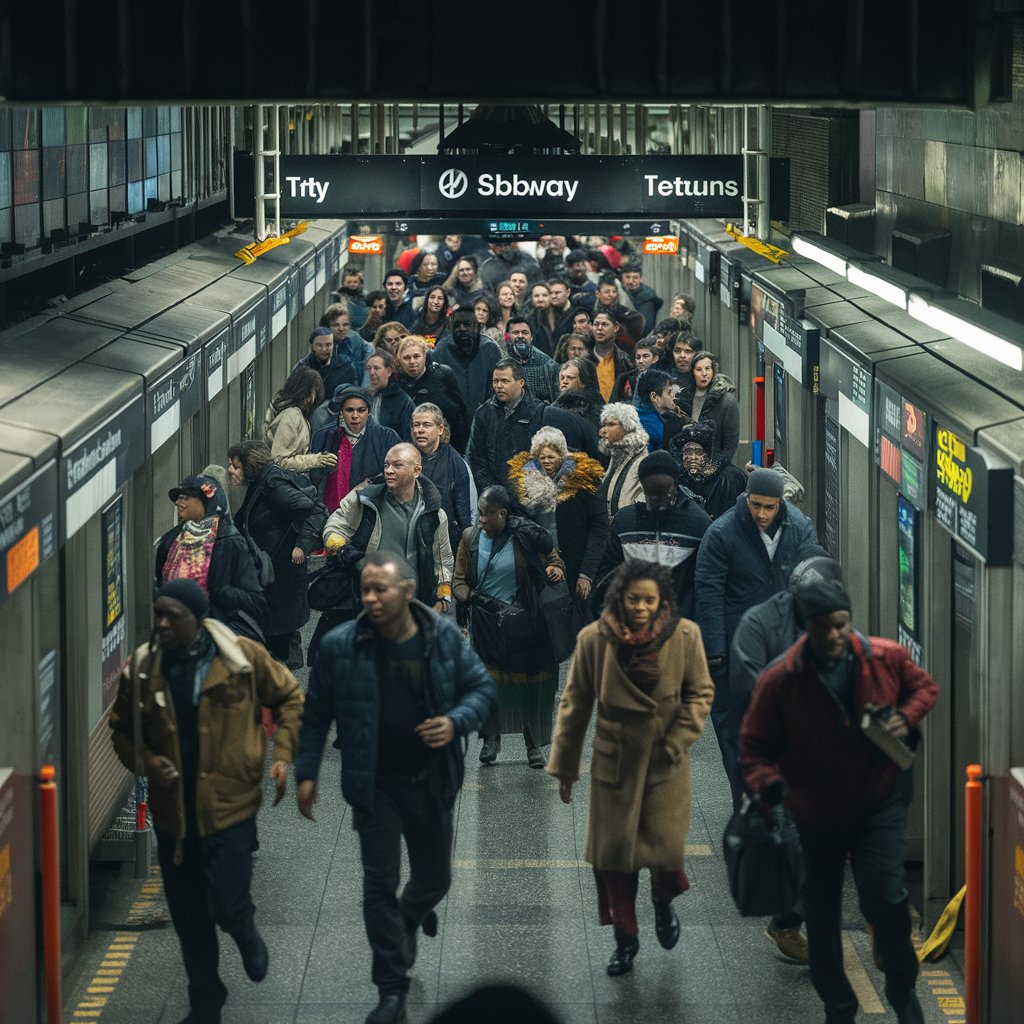
Reflective Signage and Markings
Installing reflective signage and floor markings can enhance visibility, especially in emergencies. Clear signs indicating exits, help points, and emergency contacts are essential for passenger safety.
Regular Maintenance
Regular maintenance checks should be conducted to ensure that lighting systems are functional and any faults are repaired promptly. A well-maintained environment signals that safety is a priority and can deter vandalism and other crimes.
3. Enhance Emergency Response and Communication
Quick and effective responses to emergencies are critical for maintaining safety.
Emergency Training for Staff
Subway staff should receive regular training on emergency procedures, including evacuation protocols and first aid. Well-trained staff can manage incidents more effectively and provide guidance to passengers during emergencies.
Public Awareness Campaigns
Educating passengers on safety protocols through public awareness campaigns can empower them to act appropriately in emergencies. Information on what to do in case of a fire, medical emergency, or security threat should be widely disseminated through posters, announcements, and digital screens.
Upgraded Communication Systems
Investing in modern communication systems that allow instant contact between passengers, staff, and emergency services is vital. Emergency intercoms should be easily accessible in all trains and stations, and regular tests should be conducted to ensure their functionality.
4. Promote a Safe and Respectful Environment
Fostering a culture of respect and vigilance among passengers can contribute to a safer subway experience.
Anti-Harassment Campaigns
Implementing anti-harassment campaigns can help reduce incidents of verbal and physical harassment. Clear policies and consequences for such behavior should be communicated, and passengers should be encouraged to report any incidents.
Community Engagement
Engaging with the community through outreach programs can build trust and cooperation between the public and subway authorities. Regular town hall meetings and feedback sessions can provide valuable insights into passenger concerns and areas needing improvement.
Encourage Vigilance
Encouraging passengers to remain vigilant and report suspicious behavior can enhance overall safety. Public service announcements and informational materials can remind passengers to stay aware of their surroundings and look out for each other.
5. Implement Technological Innovations
Leveraging technology can significantly improve safety measures within the subway system.
Smart Surveillance Systems
Adopting AI-driven surveillance systems can enhance monitoring capabilities. These systems can detect unusual behavior and alert authorities in real-time, allowing for a swift response to potential threats.
Mobile Safety Apps
Developing and promoting a mobile app for subway safety can empower passengers. Features could include real-time updates on train schedules, emergency alerts, and a direct line to report incidents. An app can also provide information on the nearest exits and help points.
Contactless Payment Systems
Encouraging the use of contactless payment systems can reduce the risk of theft and physical confrontations at ticket booths. Additionally, contactless systems can speed up the entry process, reducing congestion and associated risks.
Improving safety in the New York Subway requires a multifaceted approach involving increased police presence, better lighting, enhanced emergency response, promoting a respectful environment, and leveraging technology. By implementing these strategies, the subway system can become a safer, more secure place for everyone. Passengers, authorities, and the community must work together to ensure the safety and well-being of all who use this essential transportation network.
Is Your Password Secure? 7 Tips for Creating Foolproof Passwords
How to Improve Safety in the New York Subway | 5 Quick Tips
Top Guide + Tips for Your Home Wi-Fi Security 2024 June
Top 10 Security Software of 2024: Which is the Best for Your Business?
Top 10 Security Software of 2024: Which is the Best for Your Business? In today’s…
How to Detect and Avoid Phishing Emails
Is Someone Spying on Your Phone? 5 Clear Signs & What to Do
Is Someone Spying on My Phone? 5 Clear Signs & What to Do Is Someone…
xAI’s Grok Alerts Sam Altman to Security Dangers in Codex with Internet Access: Are We Prepared?
xAI’s Grok Alerts Sam Altman to Security Dangers in Codex with Internet Access: Are We…
How to Implement Two-Factor Authentication in Enterprise Systems
Top 10 Free Cybersecurity Tools for 2024: Protect Your Devices Without Spending
5 Essential Home Security Upgrades Every Homeowner Should Consider in 2024
5 Essential Home Security Upgrades Every Homeowner Should Consider in 2024 The Changing Landscape of…

